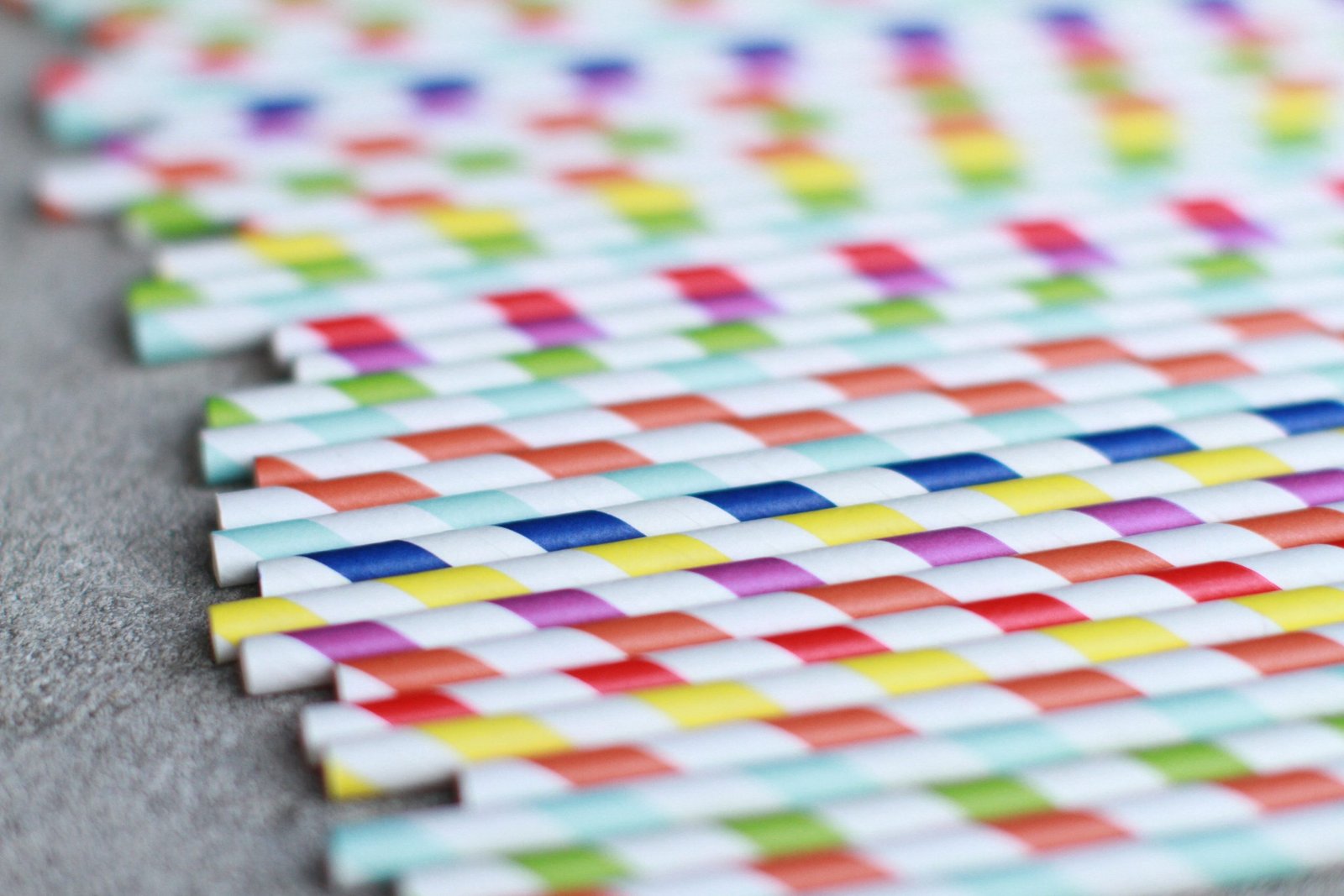
Are plastic straws really killing the planet?
- September 20, 2018
- by
- Heather Moore
Maybe you have seen the video. The turtle crying in pain because a straw is stuck in its nose, a heartbreaking visual of what happens when non-reusable plastic is adrift in the ocean. This summer the Stop Sucking campaign has spread like wildfire. Many cities are banning plastic straws and people are beginning to stop using straws or carrying their own reusable versions. When I first heard about this new movement, I was skeptical. I looked at my iced coffee cup and thought, “But isn’t the straw a lot smaller than this whole cup? Isn’t the cup the bigger problem?” Does cutting down on single-use straws really matter in the grand scheme of things?
The answer is, it depends. It is true that plastic straws are not recyclable. They are too small for recycling machinery and often either contaminate other batches of recyclables or fall through the machinery getting stuck or lost. They are small enough for many oceanic species to consume them by accident and to stay awash in the ocean indefinitely. Americans use an estimated 500 million straws a day, but, by volume, they are only a fraction of the single-use plastics consumed daily. They are pesky but not nearly our biggest problem, so why focus on them?
Activists are hoping that by starting with plastic straws, they can raise a wider conversation about single-use plastics. Straws are very visible and are most often used in public. They are a simple place to start when drawing attention to consumer habits. If people are publicly choosing not to use one type of plastic and encouraging one another to do the same, the hope is that this change in habit will impact the use of other disposable products.
This issue poses a particular question to Christians. For us the starting point is not so much whether human behavior is having an impact on the climate. (Although the question is worthy of discussion and research.) For us the question is whether we are treating God’s world as disposable. If we believe that “The earth is the Lord’s and everything in it, the world and all who live in it” (Ps. 24:1), then that has implications for how we interact with the creation. When God created all that is (John 1:3), everything was pronounced “good” (Gen. 1). The earth was full of good potential, everything in order and ready to be cultivated by God’s image bearers. Our job was and is to be stewards of what belongs to God. To know that we do not own anything but are placed here to unlock the goodness God placed in everything.
David puts it best when he invites Israel to make a big offering to build the Temple in Jerusalem.
10 David praised the Lord in the presence of the whole assembly, saying,
“Praise be to you, Lord,
the God of our father Israel,
from everlasting to everlasting.
11 Yours, Lord, is the greatness and the power
and the glory and the majesty and the splendor,
for everything in heaven and earth is yours.
Yours, Lord, is the kingdom;
you are exalted as head over all.
12 Wealth and honor come from you;
you are the ruler of all things.
In your hands are strength and power
to exalt and give strength to all.
13 Now, our God, we give you thanks,
and praise your glorious name.
14 “But who am I, and who are my people, that we should be able to give as generously as this? Everything comes from you, and we have given you only what comes from your hand. 15 We are foreigners and strangers in your sight, as were all our ancestors. Our days on earth are like a shadow, without hope. 16 Lord our God, all this abundance that we have provided for building you a temple for your Holy Name comes from your hand, and all of it belongs to you. ~ 1 Chronicles 29:10-16
C.S. Lewis framed it similarly, that giving anything to God is like a child asking their parent for money to buy them a present. Nothing is owned by us, all things belong to God and we are renters and managers of that which is the Lord’s.
In light of this truth, treating the earth as disposable is a very pressing issue for us. Acting as though the world belongs to us, would be like house-sitting and thinking we can trash the place without the home-owners minding. That type of attitude dishonors the sovereignty of God and diminishes the beauty of God’s handiwork. It is the opposite of seeking the flourishing of God’s world. Rather, our purpose is to know that we are created to have meaningful influence in the world and that influence was meant to be exerted towards goodness.
Maybe you will decide to get a reusable straw. I have started to use one regularly and it has indeed helped me be more mindful of how much waste I am adding to the world around me. I use mine as a reminder not to throw away the plastic cup surrounding it, but to reuse or recycle it. It has also prompted me to use travel mugs more often. However you respond, the point is not behavior modification in reaction to social pressure. The invitation is to respond to a God who makes beautiful things. To be people who are shaped by a God of care and intention and who humbly seek to reflect the goodness of God in the ways we steward that which belongs to Him.






![[PODCAST] Seeking the Kingdom, an Interview Saturate OC’s Jessi Green](https://everydayexiles.com/wp-content/uploads/2021/01/seeking-256x170.jpg)